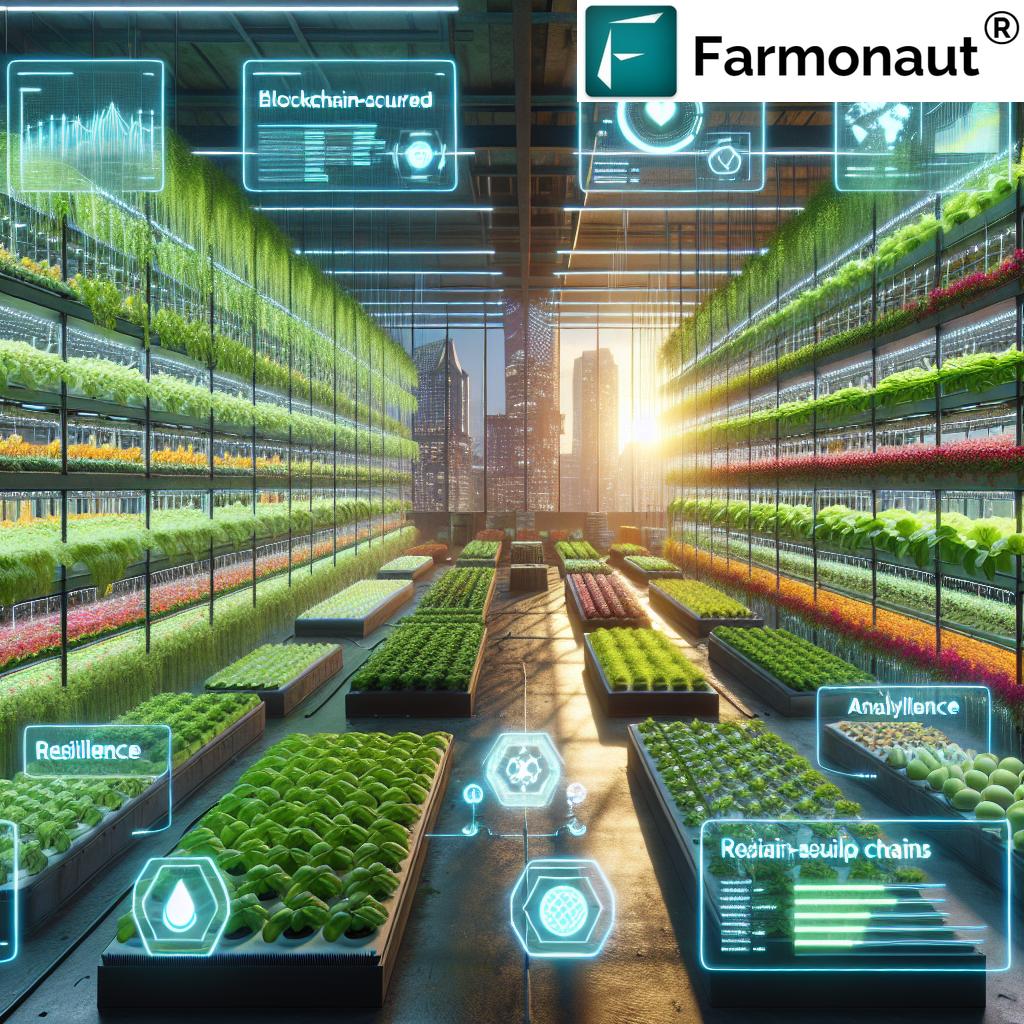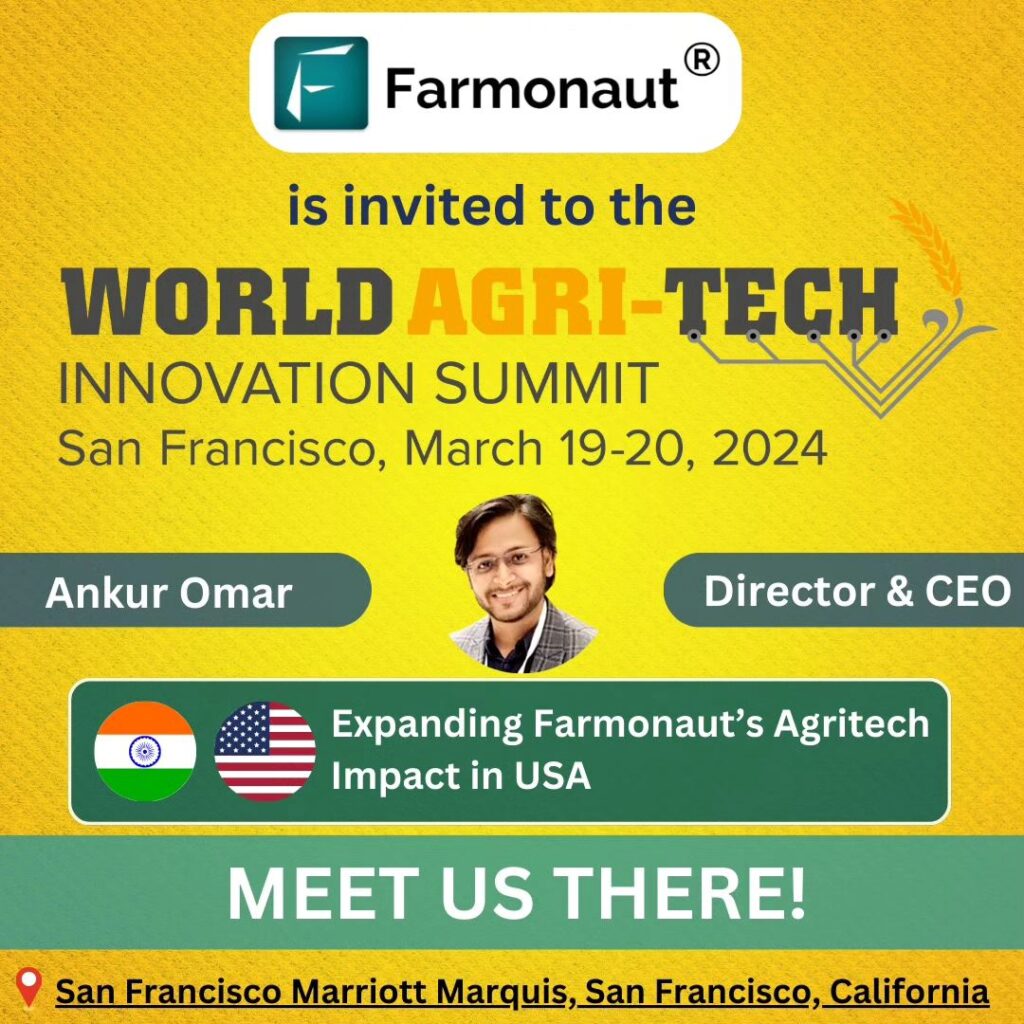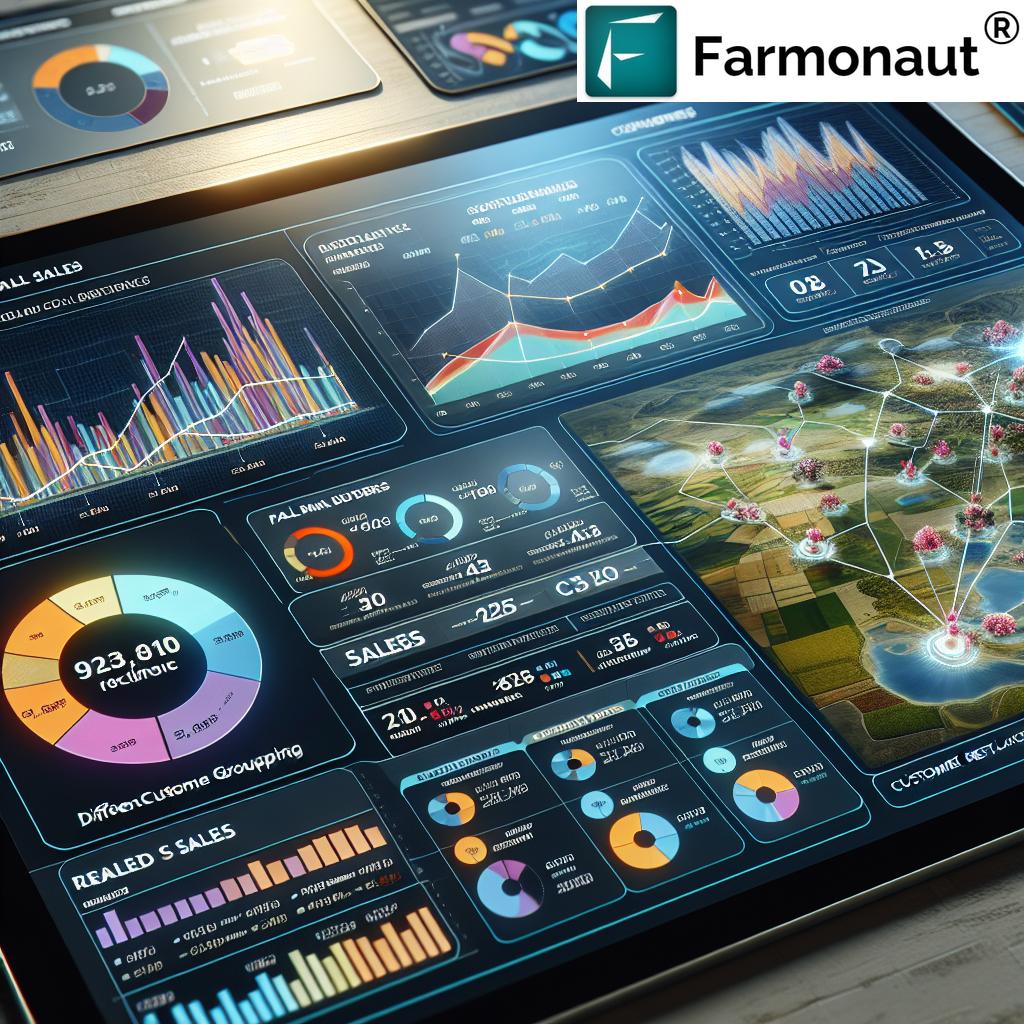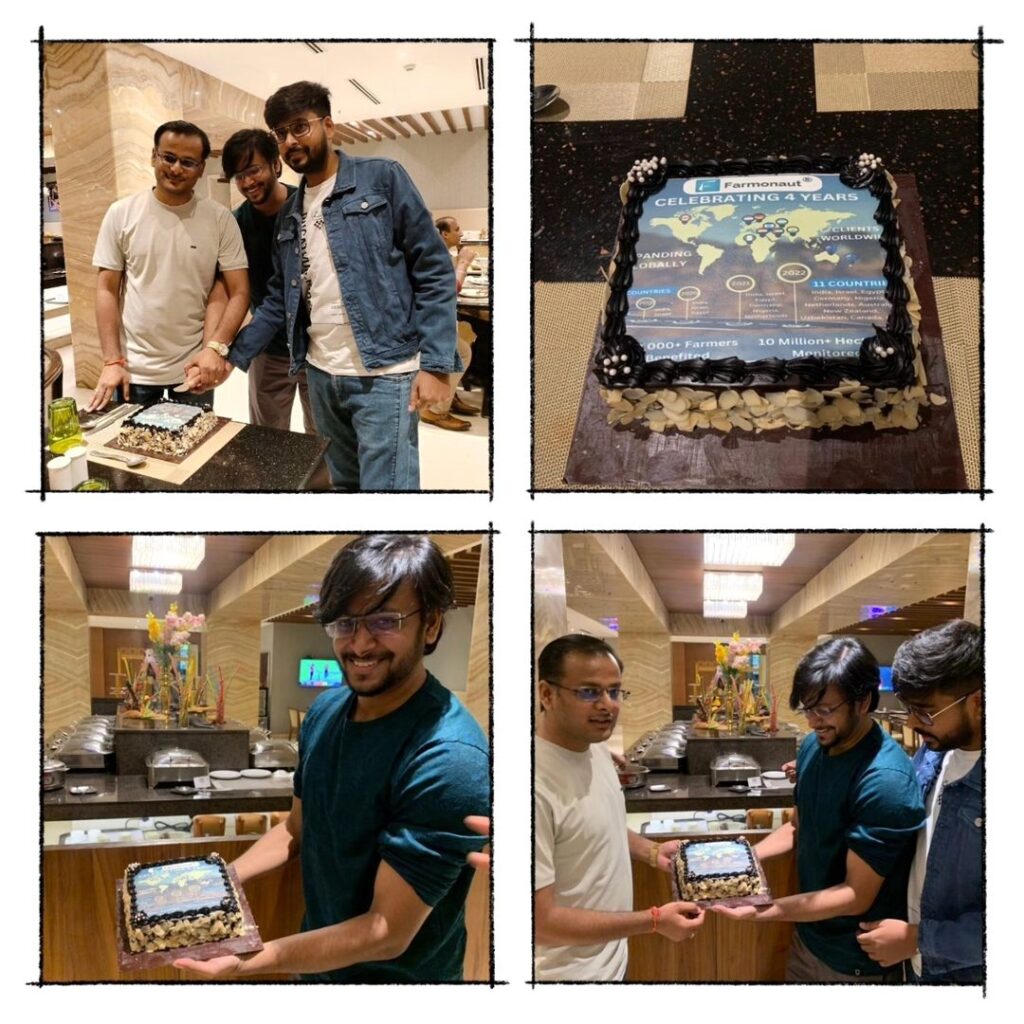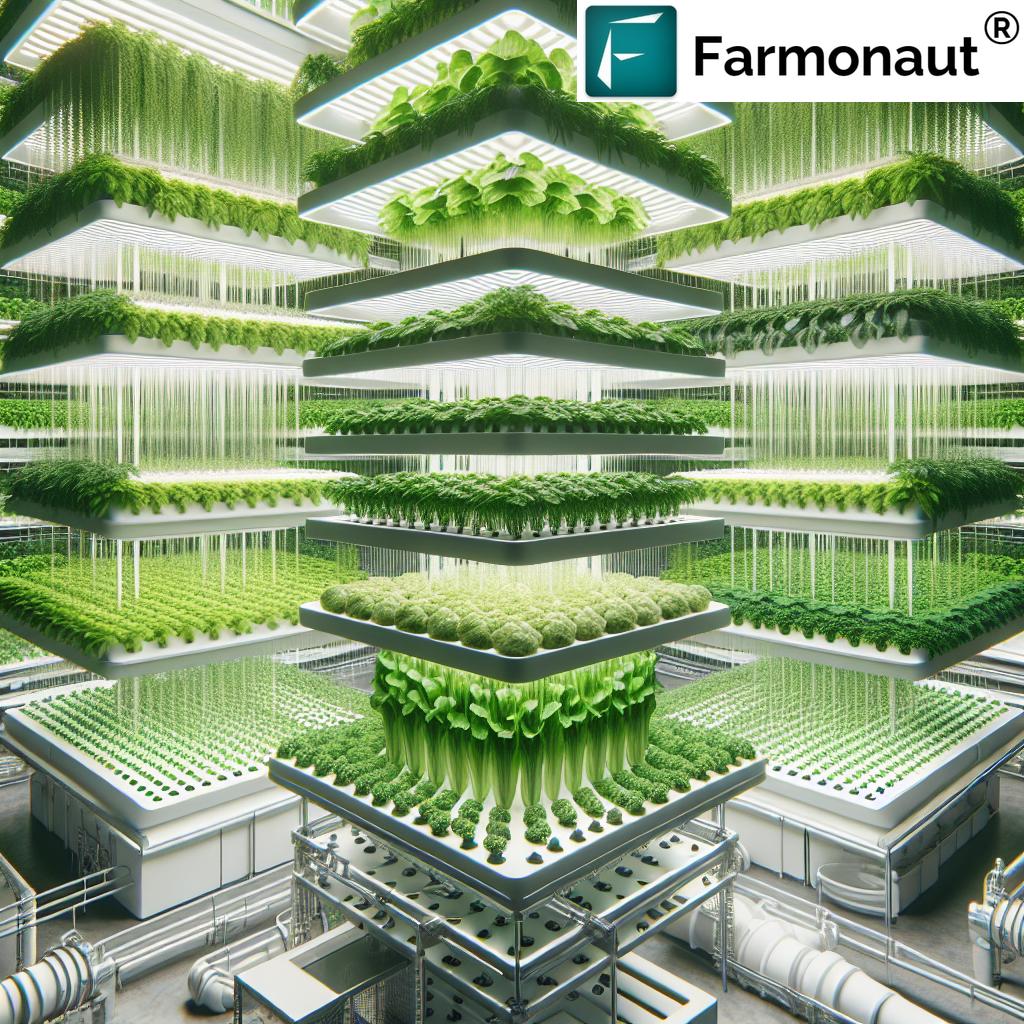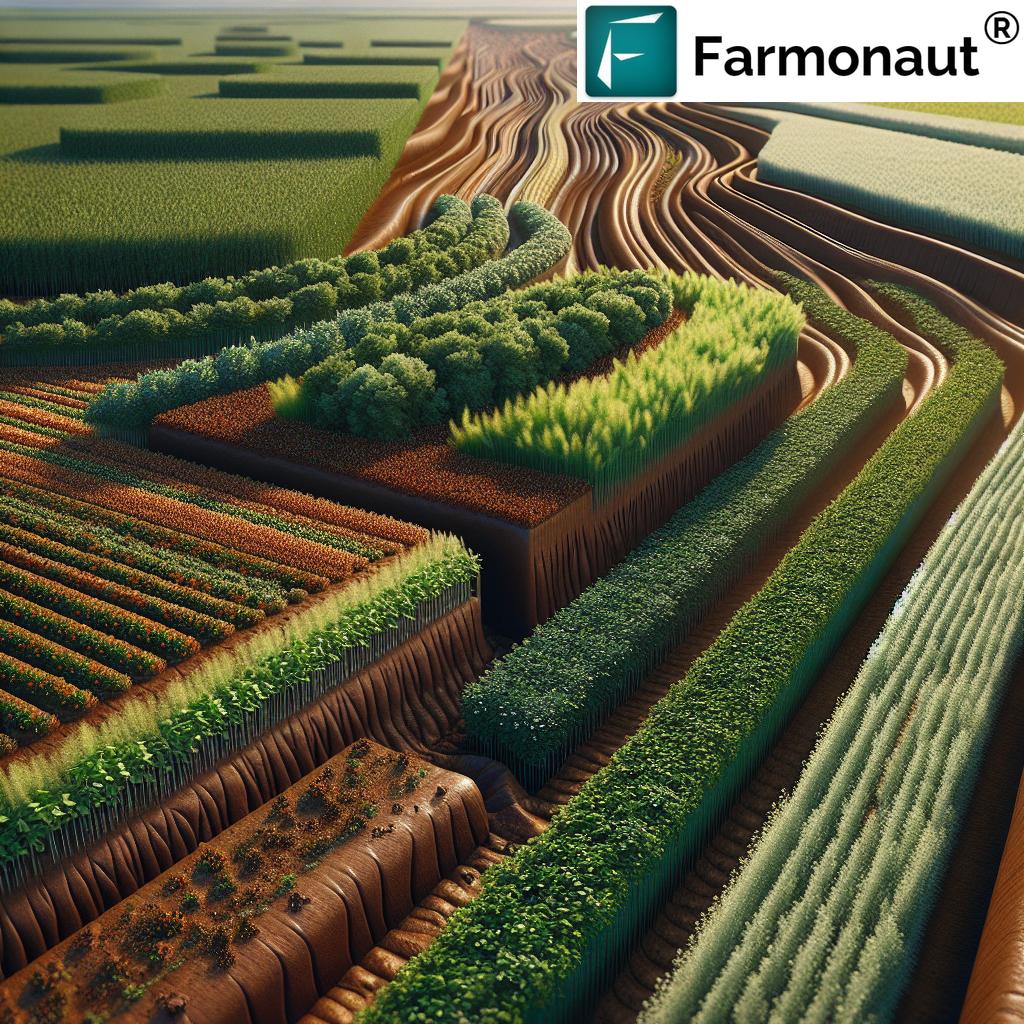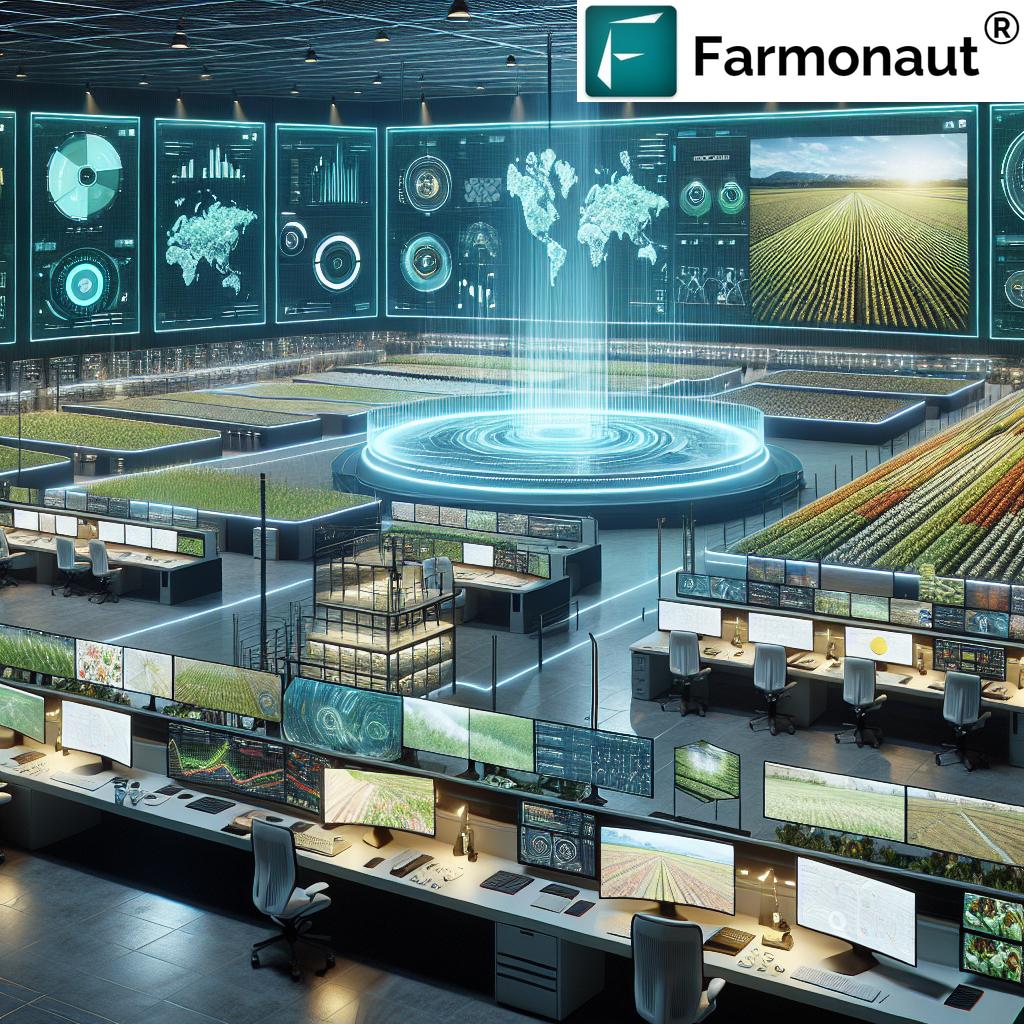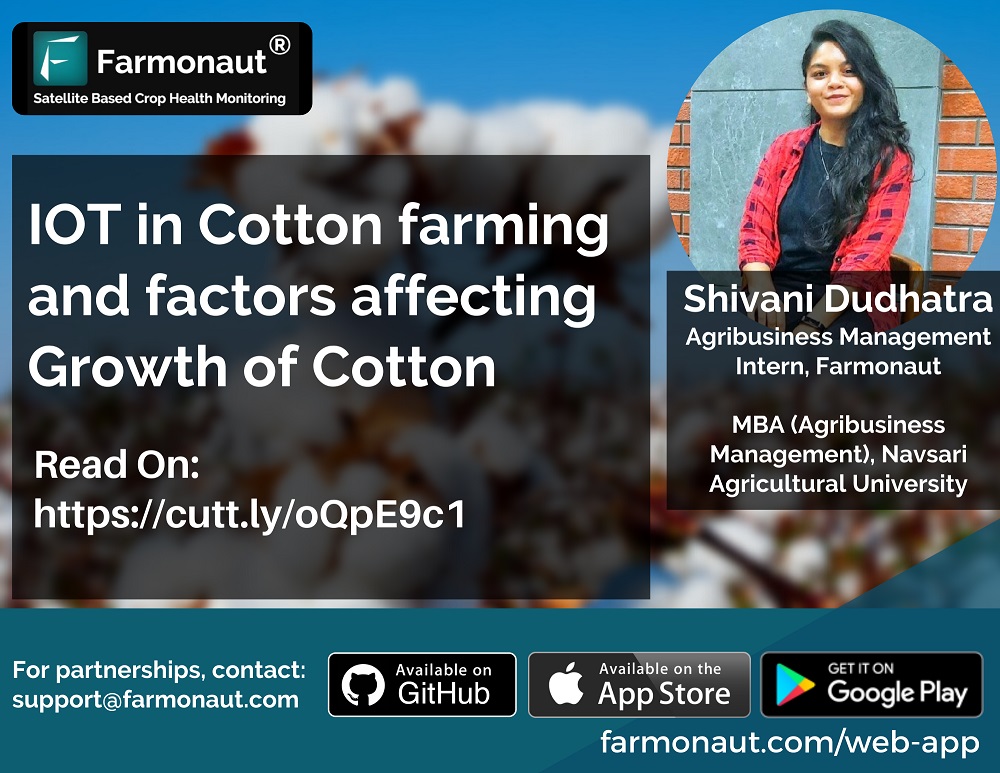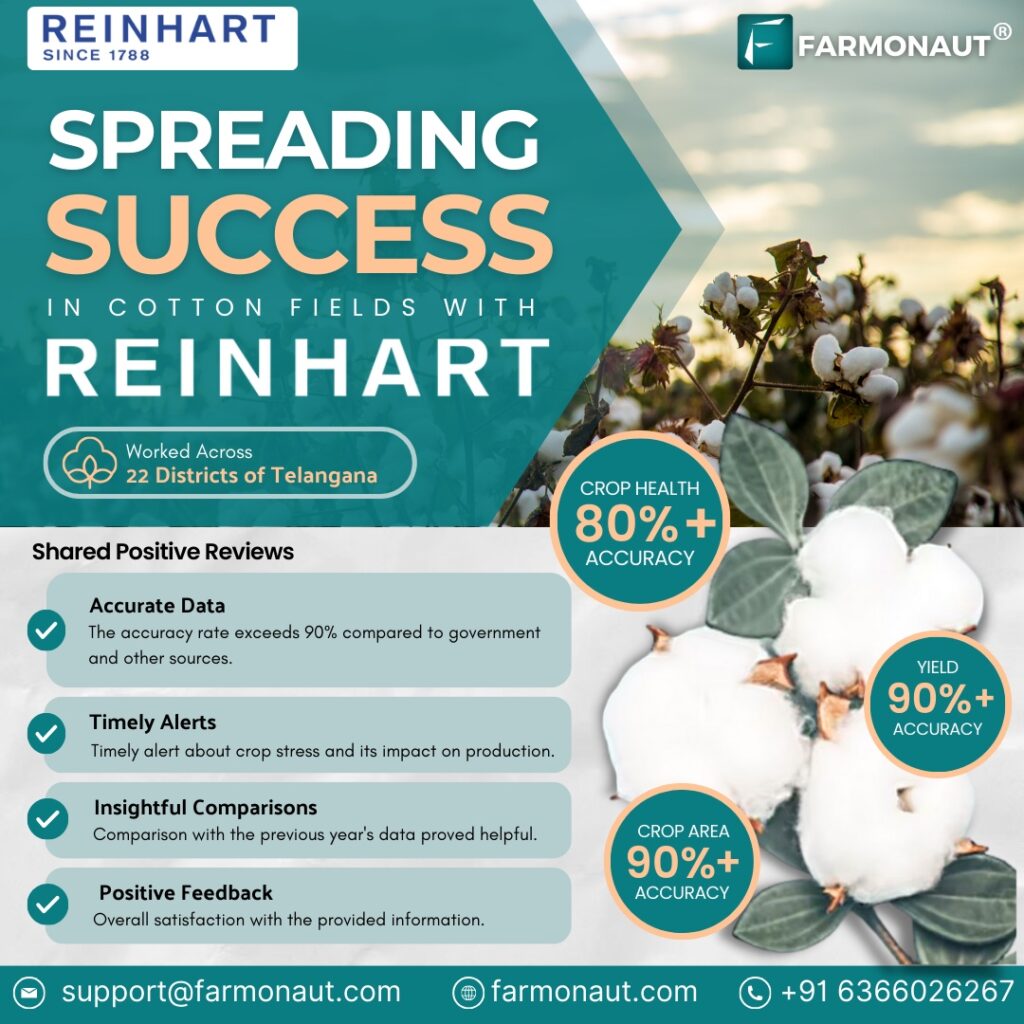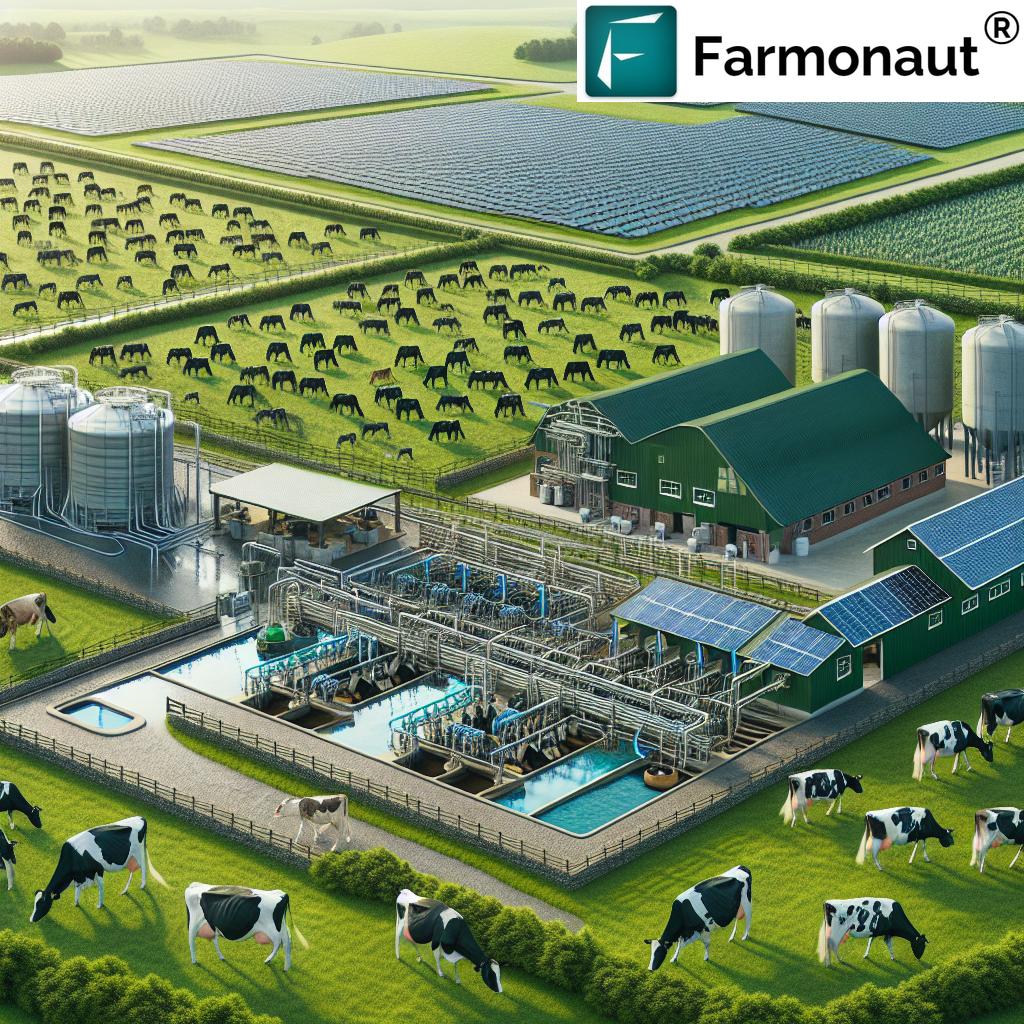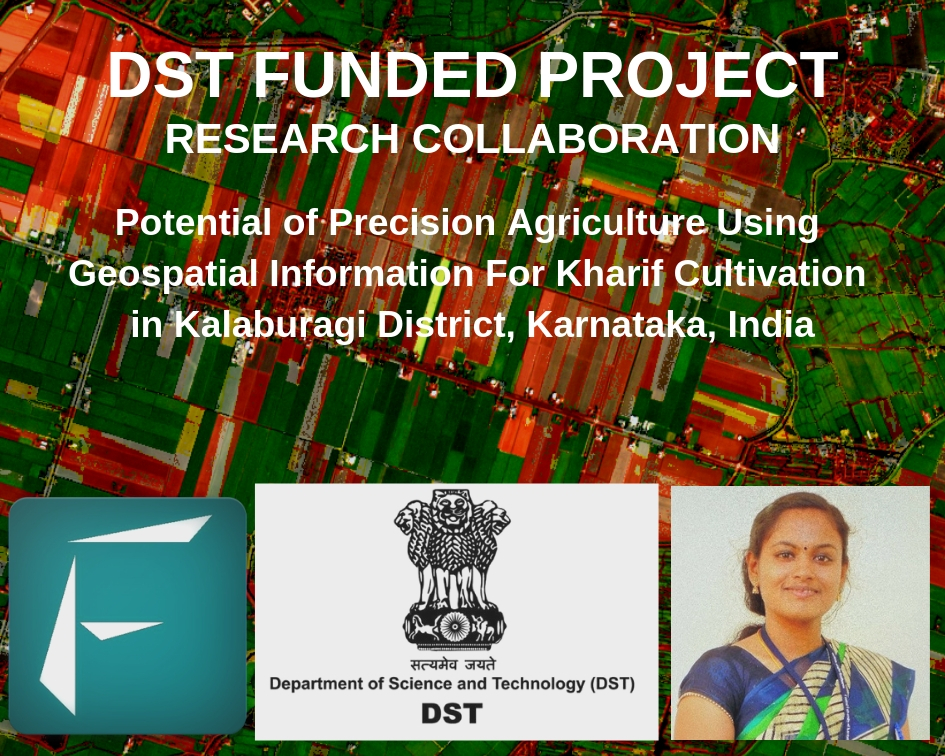New Trends in Agricultural Marketing: 2025’s Shocking Secrets
“In 2025, over 60% of farms globally are expected to adopt precision farming technologies for crop management.”
Overview: A New Era in Agricultural Marketing
As we progress through 2025, the agricultural industry is undergoing a profound transformation. Fueled by technological advancements, shifting consumer preferences, and an urgent imperative for sustainability, agricultural marketing strategies have evolved to meet the demands of a changing world. The integration of precision farming technologies, sustainable agriculture principles, and regenerative farming practices is fundamentally altering how we, as producers, marketers, and consumers, interact with food systems.
In today’s dynamic market, staying ahead requires leveraging data-driven agriculture, tapping into blockchain in agriculture for transparency, and embracing both urban and vertical farming innovations. This comprehensive exploration reveals the most shocking secrets and new trends in agricultural marketing for 2025, highlighting opportunities and challenges for everyone involved in the food supply chain.
Comparative Trends Table: At-a-Glance
| Trend | Description | Estimated Consumer Demand Growth (%) in 2025 | Adoption Rate among Farmers (%) in 2025 |
|---|---|---|---|
| Sustainable Agriculture | Farming methods aiming for environmental stewardship and soil health | 42% | 54% |
| Precision Farming Technologies | Use of AI, IoT, sensors, and advanced tools for precise crop management | 53% | 61% |
| Regenerative Practices | Focusing on soil regeneration, biodiversity, and carbon sequestration | 45% | 37% |
| Blockchain in Agriculture | Transparent, traceable food supply via distributed ledgers | 38% | 33% |
| Urban and Vertical Farming | Raising crops in indoor, city-based, or stacked environments | 29% | 22% |
| Data-Driven Agriculture | Leveraging analytics for market insights, personalization, and optimization | 57% | 59% |
Integration of Advanced Technologies in Agricultural Marketing Strategies
The rapid adoption of advanced technologies is at the heart of modern agricultural marketing strategies. From artificial intelligence (AI) to the Internet of Things (IoT), these tools are transforming the way we grow, manage, and market food.
How Precision Farming Technologies are Shaping the Future
- Artificial Intelligence: Our ability to analyze datasets has reached unprecedented levels. AI-driven analytics empower us to optimize crop yields by assessing historical data, predicting yield outcomes, and recommending the best farming practices. With real-time monitoring of soil health and predictive market analytics, we can make faster, smarter decisions.
- IoT Sensors and Devices: With an extensive deployment of soil sensors and climate monitors, farmers can now observe every parameter influencing crop performance. This data feeds directly into our farm management platforms, automating irrigation, fertilization, and pest alerts to ensure sustainable yields.
- Virtual Reality (VR) and Augmented Reality (AR): Consumers increasingly want transparency and a deep connection with their food‘s origins. With VR and AR, we invite consumers to experience our farms virtually, tour our operations, and see firsthand the ethical methods employed on the ground.
- Satellite Imaging and GIS: Satellite imagery and Geographic Information Systems (GIS) deliver a comprehensive view of farmlands, enabling us to monitor biodiversity, soil health, and evaluate the effectiveness of regenerative practices.
We encourage all producers to facilitate technological integration as a critical component of their agricultural marketing strategies. Bringing together sensors, satellite imaging, and predictive analytics unleashes new opportunities for both sustainable agriculture and market competitiveness.
Emphasis on Sustainability and Ethical Branding
Today’s agricultural consumer is more informed than ever. Concerns about sustainability, environmental stewardship, and ethical food systems have taken center-stage.
Sustainable Agriculture’s Influence on Marketing and Consumer Demand
- Regenerative Farming Practices: The move towards crop rotation, cover cropping, no-till, and reduced input use is restoring soil health and promoting biodiversity. These methods are resonating deeply with consumers—hence, they feature prominently in modern marketing.
- Ethics as a Core Message: We see agricultural marketing strategies focusing on transparency, community engagement, and local sourcing. Highlighting efforts to reduce carbon footprint and environmental impact is now a competitive differentiator.
- Authenticity: Brands sharing genuine stories of their sustainable journey are witnessing higher loyalty and positive perception, as consumers feel aligned with their values.
“Regenerative agriculture practices are projected to influence 45% of consumer food choices by the end of 2025.”
Data-Driven Marketing, Analytics, and Personalization
We live in an era of abundant datasets, and data-driven agriculture is revolutionizing both production and marketing. Big data and analytics allow us to target consumers with remarkable precision and efficiency.
Personalization through Consumer Analytics
- Segmenting Audiences: Using demographic, geographic, and behavioral data, we are segmenting consumer bases and reaching them with relevant, customize product information.
- Predicting Trends: Predictive analytics enables more accurate market demand forecasting. We can match production with expected sales, reducing food waste and excess inventory.
- Optimizing Management: Whether at the farm or in the marketing department, analytics streamline resource management and optimize timing and content of promotions or advisory messages.
Integrate Farmonaut’s API for custom access to advanced datasets, real-time satellite analytics, and intelligent farm monitoring for your business.
Farmonaut’s Fleet Management tools help large farms and agribusinesses optimize logistics, boost efficiency, and decrease operational costs.
Blockchain in Agriculture: Ensuring Transparency and Trust
Transparency is integral to food safety, ethical sourcing, and supply chain compliance.
By leveraging blockchain in agriculture, we are empowering both consumers and businesses to trace every stage of the product lifecycle. Immutable distributed ledgers offer tamper-proof records from farm to table, ensuring safety, origin authentication, and brand trust.
- Trust in Origins: Consumers gain access to a digital history recording methods used, production dates, handling processes, and quality certifications—directly on their mobile devices.
- Food Safety and Compliance: Blockchain fosters rapid response in the event of a food safety incident, as each product can be traced instantly through the supply chain.
- Reducing Fraud: From preventing mislabeling to confirming organic or fair-trade products, blockchain is raising industry-wide standards.
Urban and Vertical Farming Revolution
Rapid urbanization and diminishing arable land are accelerating the adoption of urban and vertical farming worldwide. These novel systems bring agricultural production closer to where consumers live, reducing carbon footprint and promoting food security.
- Vertical Farming: By stacking growing beds in controlled environments, we produce more food with less land, minimal water, and no pesticides, reducing waste and offering supply chain resilience.
- Urban Farming: Rooftop gardens, indoor hydroponic setups, and community plots not only supply the local market with fresh, sustainable produce—they also build community engagement around healthy eating.
Successful marketing strategies for these products emphasize freshness, locality, and sustainability, aligning perfectly with evolving consumer preferences.
Enhanced Consumer Engagement with Digital Platforms
Digital tools are revolutionizing our relationship with the market, producers, and the end consumer. Through social media, e-commerce, and interactive content, we’re building brand loyalty, gathering direct feedback, and educating buyers about our farms, values, and product origins.
- Direct-to-Consumer Channels: Mobile apps and e-commerce solutions allow goal-oriented, transparent communication and remove barriers between producers and end-users.
- Virtual Farm Tours: Events like live stream tours, Q&A sessions, and traceability demonstrations transform information sharing into an immersive experience.
- Personalized Content: By leveraging data analytics and AI, we can deliver timely, relevant information to every consumer segment.
Authenticity and Storytelling: The Human Side of Farm to Table
Marketing is more than just promotion—it’s about connecting, educating, and fostering trust. Our audiences crave authentic stories that illuminate where and how their food is produced.
- Sharing Farm Journeys: From the initial seed to harvest, we showcase practices, ethical dilemmas, and the challenges of farming, giving consumers real insight into daily agricultural life.
- Highlighting Values: Aligning brand messaging with values such as sustainability, biodiversity revival, and carbon reduction builds emotional connections that last.
- Empowering Consumers: When we are transparent about our soil management, crop rotations, and input choices, it creates a bond of trust, making consumers advocates for our brands.
Integration of Artificial Intelligence in Content Creation
Artificial Intelligence is no longer confined to field management; it is rapidly influencing how we create, deliver, and optimize content for marketing.
- Automated Insights: AI-driven platforms analyze engagement data, recommend optimal posting schedules, and personalize content for individual segments, improving marketing ROI.
- Efficiency with Authenticity: While AI accelerates content generation, human oversight ensures each message aligns with our brand’s authentic voice and responsibility toward truthful communications.
Regenerative Agricultural Practices
Regenerative agriculture is the next wave in sustainable food. By prioritizing biodiversity, soil health, and carbon sequestration, we are restoring landscapes and mitigating climate change impacts.
- No-Till and Cover Cropping: These methods reduce erosion, boost organic matter, and nurture a thriving ecosystem beneath our feet.
- Agroforestry and Crop Rotation: Integrating trees, legumes, and multiple crops strengthens resilience against pests and extreme weather, as well as boosting yield diversity.
When we communicate these efforts in our marketing, we not only support global environmental goals but directly respond to the fast-growing segment of eco-conscious consumers.
Emphasis on Climate Resilient Crops and Strategies
As climate change intensifies, climate resilient crops and adaptive practices are at the forefront of our marketing conversations. Producers are highlighting drought-resistant varieties, water-wise methods, and ecosystem-based solutions.
- Promotional Strategies: We connect consumer concerns to evidence of resilient crop and farm practices, reinforcing the brand value.
- Smart Water and Resource Management: Using IoT sensors, AI-driven advisory, and satellite data, we help optimize input use and respond to weather variability in real time.
Farmonaut: Pioneering Precision and Transparency for Modern Agriculture
As agricultural technology advances, platforms like Farmonaut are setting the bar for scalable, affordable, and impactful innovation in precision agriculture.
- Satellite-Based Crop Health Monitoring: Leveraging multispectral imagery and AI, Farmonaut empowers users to monitor vegetation health (NDVI), analyze soil moisture, and dynamically optimize input use for better yields.
- Jeevn AI Advisory System: This robust AI-driven module delivers real-time insights on weather, crop health, and management strategies, uniquely tailored to your region and crop type.
- Blockchain-Based Product Traceability: Through farm-to-table transparency, Farmonaut ensures traceability, enhances trust, and combats supply chain fraud. (See Product Traceability)
- Fleet and Resource Management: Efficient planning and tracking for agribusinesses, reducing operational costs and maximizing machinery utility.
- Carbon Footprinting: Ongoing environmental monitoring helps farms and businesses set, measure, and demonstrate their sustainability goals.
Farmonaut’s value propositions include cost-effectiveness, democratized access to advanced analytics, scalability for individual to state-level farm management, and a strong focus on environmental and economic impact.
Farmonaut Subscription Packages
Frequently Asked Questions (FAQ)
-
What are the biggest trends in agricultural marketing for 2025?
The most significant trends include the integration of precision farming technologies, widespread adoption of sustainable agriculture and regenerative farming practices, blockchain for supply chain transparency, urban and vertical farming, and increased reliance on data-driven analytics for personalized marketing. -
How is artificial intelligence being used in agriculture today?
Artificial intelligence powers real-time farm advisories, optimizes resource allocation, analyzes satellite and sensor datasets, predicts yields, and helps marketers tailor messages based on consumer behavior and preferences. -
What makes sustainable and regenerative agriculture important for marketing?
These practices restore soil health, enhance biodiversity, lower carbon emissions, and demonstrate a brand’s ethical and environmental stewardship—qualities increasingly sought by modern consumers. -
How does blockchain improve transparency in agricultural supply chains?
Blockchain in agriculture guarantees immutable records of a product’s journey from farm to end-user, building trust, ensuring food safety, and supporting compliance with quality standards. -
Can smallholder farmers benefit from these advanced technologies?
Yes, platforms like Farmonaut are designed to make precision agriculture and advanced monitoring accessible and affordable for small and medium farmers across the globe. -
Are these digital and technological innovations accessible on mobile and web?
Most solutions, including Farmonaut’s, offer Android, iOS, and Web application access, ensuring usability for rural and urban producers alike. -
How do I integrate Farmonaut satellite and weather data into my own system?
Farmonaut provides robust API access, allowing seamless integration of real-time satellite and weather datasets. See the developer documentation here.
Conclusion: Seizing Opportunities in Agricultural Marketing 2025
The landscape of agricultural marketing is being redrawn by data, technology, and a profound commitment to sustainability. New strategies—from regenerative practices to blockchain in agriculture—offer us extraordinary tools to empower producers, delight consumers, and heal the planet. By embracing innovation and continual learning, we can ensure that our products remain relevant, ethical, and competitive.
Are you ready to join the movement? Dive deeper into the most advanced, accessible, and actionable agricultural solutions at Farmonaut and experience the benefits of next-generation farm management for yourself.



